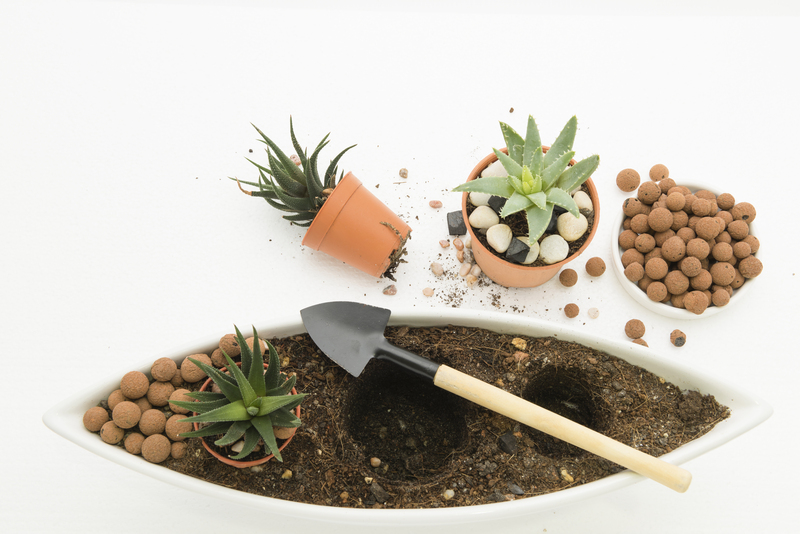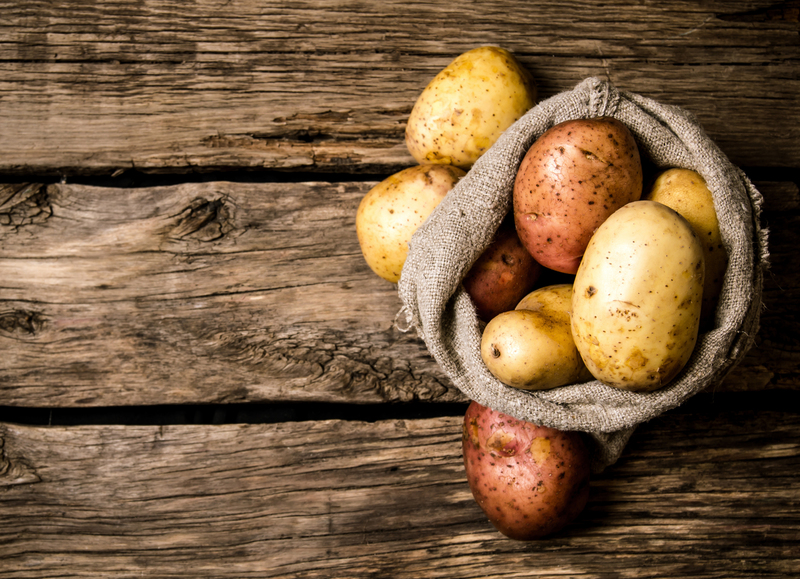All About Foxes in Your Garden
Posted on 10/10/2025
Seeing a fox in your garden can be a surprising and magical experience. These intelligent and adaptable creatures have learned to thrive in various environments, including urban areas. In this article, we will explore everything you need to know about having foxes in your garden, including their behavior, diet, pros and cons, along with some useful tips to coexist peacefully with them.
Understanding Fox Behavior
Foxes are known for their cunning nature and curiosity. They are nocturnal animals, which means they are most active during the night. Foxes are solitary creatures, except during the mating season or when raising their young. Understanding their behavior is key to knowing why they might be attracted to your garden and how to manage their presence.

What Do Foxes Eat?
Foxes are omnivorous, meaning their diet includes both plants and animals. Common foods foxes might find in your garden include small mammals like rodents, birds, insects, fruits, and vegetables. They may also scavenge for leftovers in trash bins or compost heaps. By securing potential food sources, you can discourage foxes from frequenting your garden.
Foxes in Urban Areas
Urban foxes have become increasingly common as cities expand. These foxes have adapted to human environments and can often be seen exploring residential areas at night. They are generally not dangerous to humans but can cause disruption by digging or scavenging. Urban foxes find shelter in hidden places like under decks, sheds, or thick vegetation.
Pros of Having Foxes in Your Garden
Foxes can play a beneficial role in your garden ecosystem. They help control the population of small rodents, which can be pests. Additionally, observing foxes can be a delightful experience for wildlife enthusiasts and children. Their presence indicates a healthy, biodiverse environment.
Cons of Having Foxes in Your Garden
However, foxes can also cause issues. They may dig up plants, make a mess with trash or compost, and occasionally prey on small pets like rabbits or chickens. It's essential to weigh these potential problems against the advantages of having foxes around.
Tips for Coexisting with Foxes
- Secure Food Sources: Ensure your trash bins are sealed, and compost heaps are covered to prevent scavenging. Avoid leaving pet food outside.
- Protect Small Pets: If you have small pets, especially rabbits or chickens, ensure they are housed in secure enclosures.
- Gardening Precautions: Protect plants by using deterrents like motion-activated lights or sprinklers.
- Provide Shelter: Foxes naturally look for shelter. If you want to welcome them, consider creating a small, protected area with dense shrubbery.

Takeaways
Coexisting with foxes in your garden requires a balance of appreciation and precaution. They bring benefits like natural pest control, but it is essential to manage potential issues by securing food sources and protecting small pets. Understanding their behavior can help you create a harmonious environment for both you and the foxes.
Conclusion
Foxes in your garden can be both a blessing and a challenge. By embracing their presence while taking necessary precautions, you can enjoy the unique opportunity of observing these fascinating animals up close. With the right approach, it's possible to create a peaceful coexistence that benefits both your garden and the foxes.
Latest Posts
Creating a Serene Zen Garden Oasis
Perfect Mow Timing: How Often to Trim Your Lawn?



